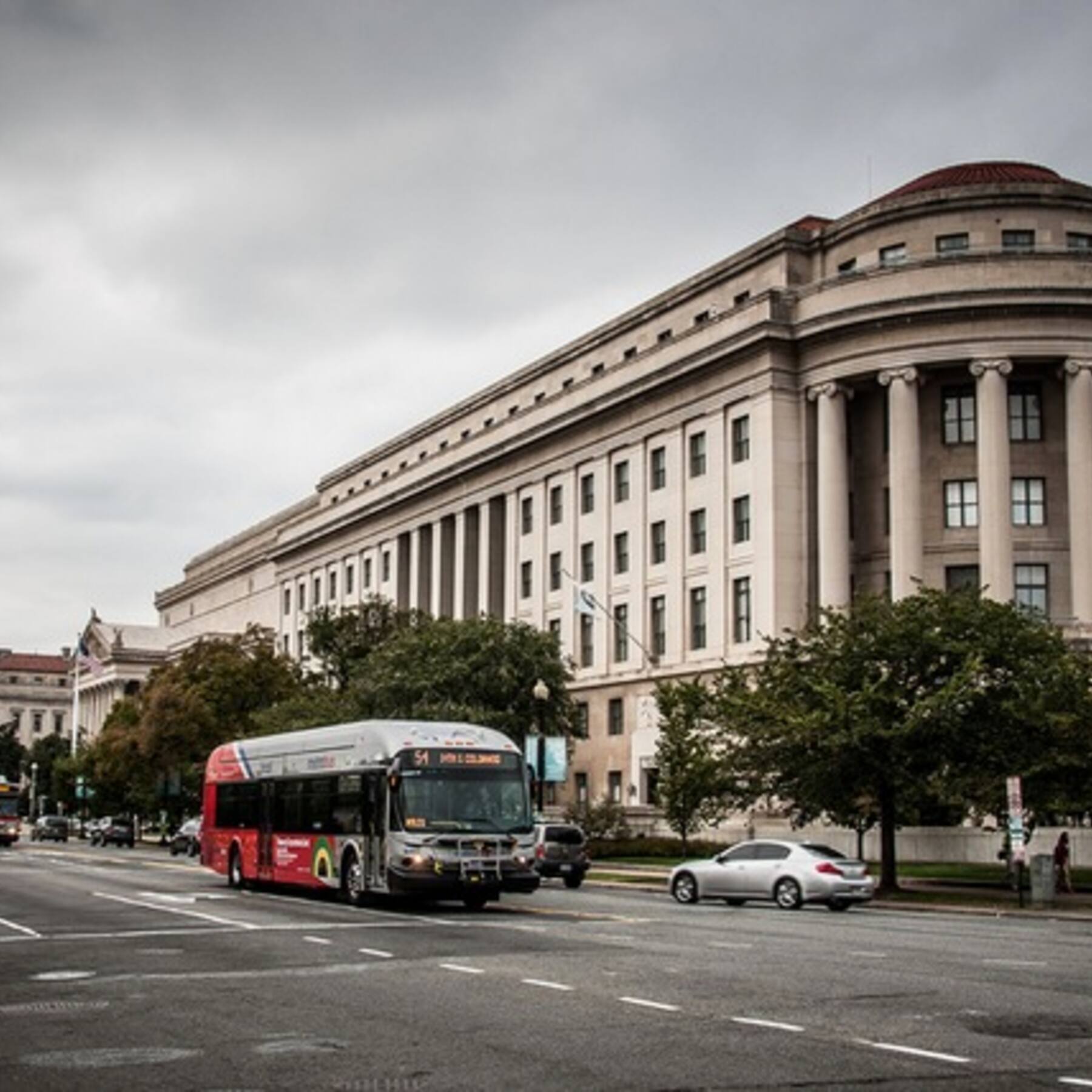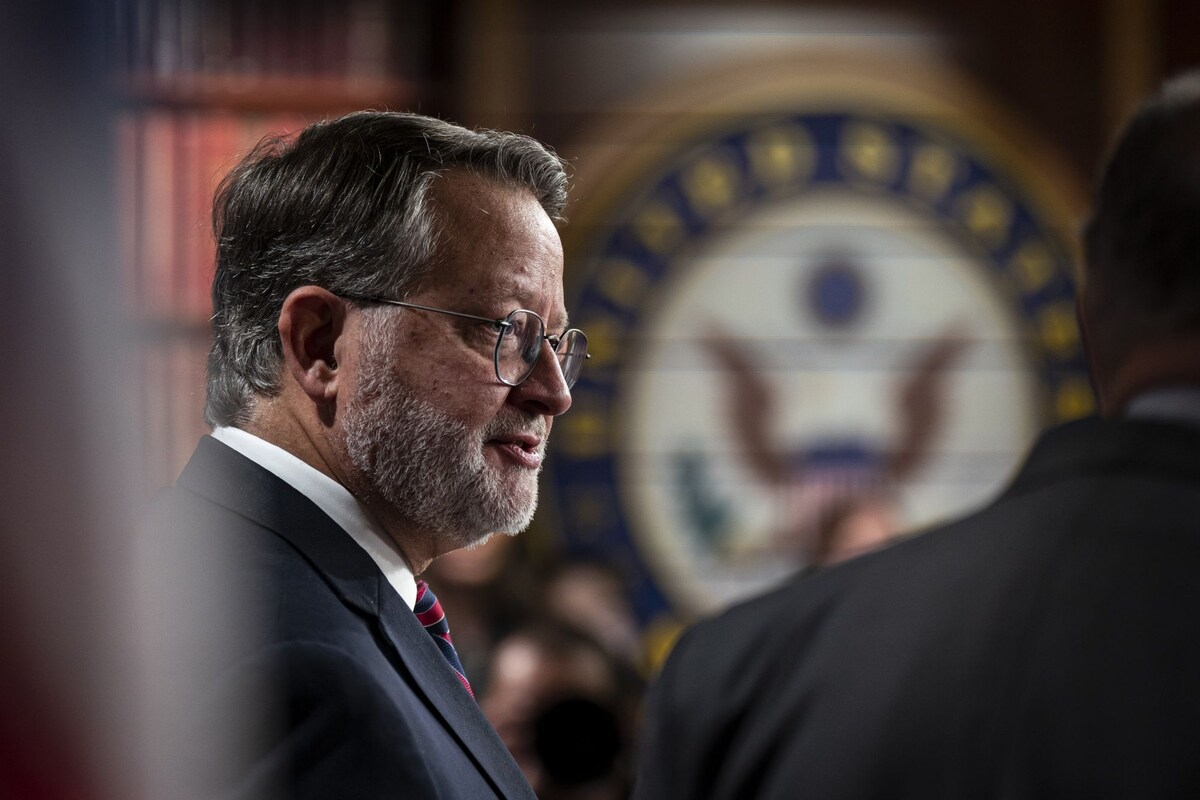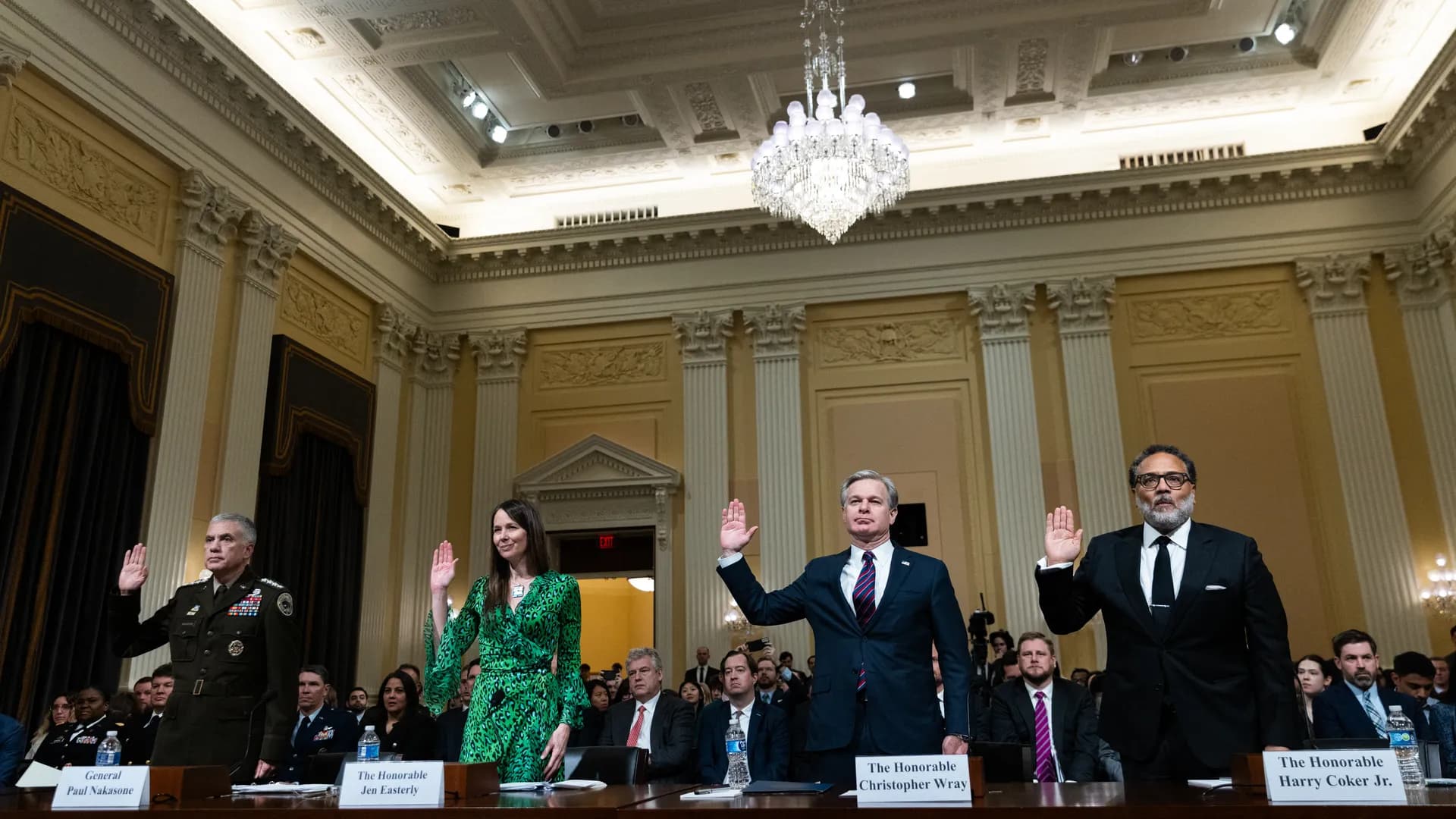Government"s Inadequate Cybersecurity Measures
The recent surge in cyberattacks has highlighted a stark reality: the government"s cybersecurity strategies are failing to protect millions of citizens. Despite the implementation of Executive Order 13800 in May 2017, aimed at strengthening the cybersecurity of federal networks and critical infrastructure, the risks associated with insufficient protections continue to escalate. As reported by CIO.gov, the directive has yet to translate into effective safeguards against the onslaught of ever-evolving cyber threats.
Privacy Policies Are Not Enough
While privacy policies are often touted as the first line of defense, they frequently fall short of providing actual protection. For instance, the USA.gov privacy policies outline measures for cookie usage and personal data but lack robust mechanisms to ensure that this data is not exploited. The gap between policy and practice creates a dangerous environment where personal information can be easily compromised.

The FTC was built 100 years ago to fight monopolists. Now ...
Cybersecurity Best Practices Are Ignored
The Cybersecurity and Infrastructure Security Agency (CISA) provides a wealth of information on best practices for cybersecurity, yet many organizations—both public and private—fail to implement these guidelines. The result is a landscape rife with vulnerabilities that cybercriminals are all too eager to exploit. Individuals and organizations alike are left scrambling to protect themselves while the government lags behind in proactive measures.
Political Polarization Complicates Privacy Awareness
Political views heavily influence consumer awareness of privacy practices. According to a study published in the University of Mississippi, individuals with liberal and conservative beliefs exhibit similar levels of awareness regarding privacy, yet their responses to compromised data differ. This polarization complicates the collective push for stronger privacy protections, as political agendas often overshadow the urgent need for unified action against data breaches.

Here"s what"s next in the Senate on cybersecurity - The ...
Historical Context of Privacy Law Points to Urgent Need for Reform
The roots of privacy law stretch back to the 19th century, but as our digital landscape evolves, so too must our legal frameworks. In a critical analysis by George Washington University, the inadequacies of existing privacy laws are laid bare, revealing that they fail to address the complexities of modern data usage. This historical context highlights the urgent need for reform that not only protects individual rights but also holds corporations accountable for data misuse.







![[Video] Gunfire between Iraqi security forces and Sadr militias in Baghdad](/_next/image?url=%2Fapi%2Fimage%2Fthumbnails%2Fthumbnail-1768343508874-4redb-thumbnail.jpg&w=3840&q=75)
